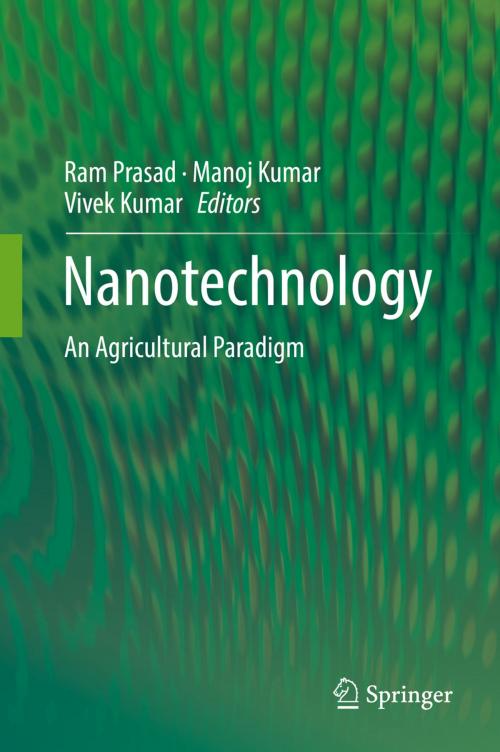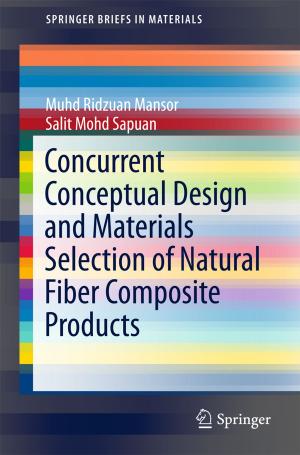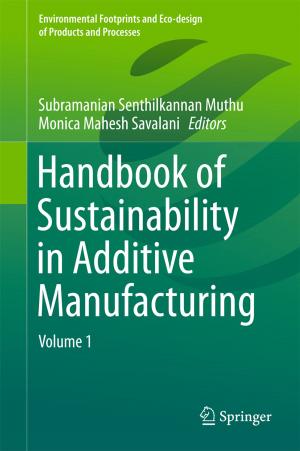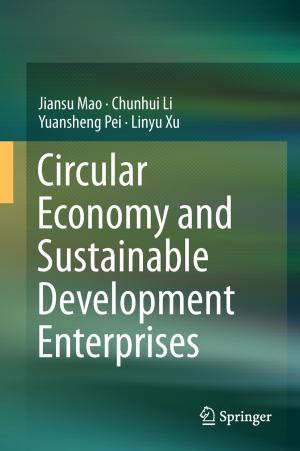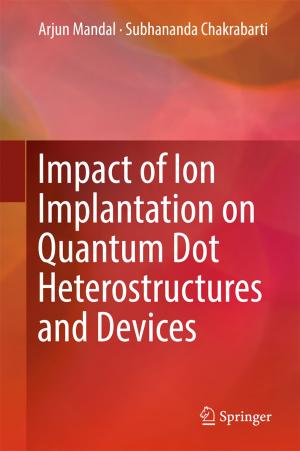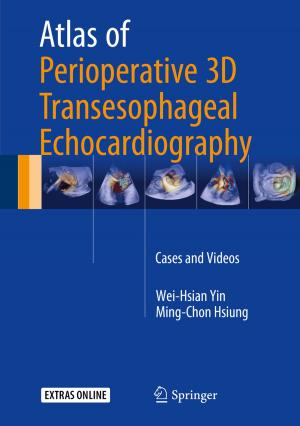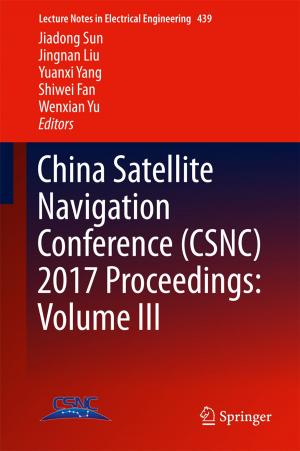Nanotechnology
An Agricultural Paradigm
Nonfiction, Science & Nature, Technology, Nanotechnology, Agriculture & Animal Husbandry| Author: | ISBN: | 9789811045738 | |
| Publisher: | Springer Singapore | Publication: | June 14, 2017 |
| Imprint: | Springer | Language: | English |
| Author: | |
| ISBN: | 9789811045738 |
| Publisher: | Springer Singapore |
| Publication: | June 14, 2017 |
| Imprint: | Springer |
| Language: | English |
This book highlights the implications of nanotechnology and the effects of nanoparticles on agricultural systems, their interactions with plants as well as their potential applications as fertilizers and pesticides. It also discusses how innovative, eco-friendly approaches to improve food and agricultural systems lead to increased plant productivity. Further, it offers insights into the current trends and future prospects of nanotechnology along with the benefits and risks and their impact on agricultural ecosystems.
Nanomaterials in agriculture reduce the amount of chemical products sprayed by means of smart delivery of active ingredients; minimize nutrient losses in fertilization; and increase yields through optimized water and nutrient management. There is also huge potential for nanotechnology in the provision of state-of-the-art solutions for various challenges faced by agriculture and society, both today and in the future.
This book highlights the implications of nanotechnology and the effects of nanoparticles on agricultural systems, their interactions with plants as well as their potential applications as fertilizers and pesticides. It also discusses how innovative, eco-friendly approaches to improve food and agricultural systems lead to increased plant productivity. Further, it offers insights into the current trends and future prospects of nanotechnology along with the benefits and risks and their impact on agricultural ecosystems.
Nanomaterials in agriculture reduce the amount of chemical products sprayed by means of smart delivery of active ingredients; minimize nutrient losses in fertilization; and increase yields through optimized water and nutrient management. There is also huge potential for nanotechnology in the provision of state-of-the-art solutions for various challenges faced by agriculture and society, both today and in the future.
